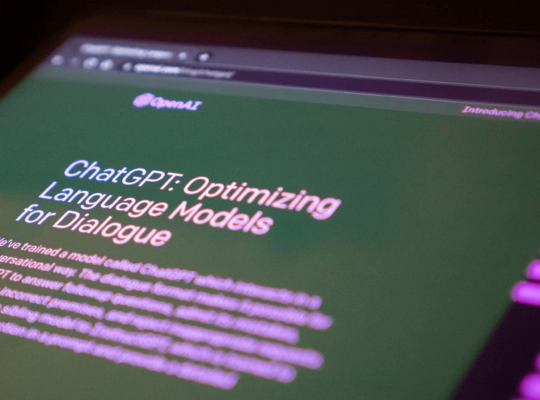As a society, we place a great deal of emphasis on academic achievement. We believe that if our children can get good grades, they will be successful in life. And so, we push them to study hard, complete their homework, and participate in extracurricular activities that will enhance their resumes. But is this really the best way to prepare our children for the future? According to recent research, sticking to the prescribed curriculum won’t get your kid in the spotlight.
The traditional educational model is focused on imparting knowledge and skills to students in a structured and systematic way. Teachers present information in a logical and sequential manner and students are expected to memorise and regurgitate this information on exams. This approach has worked well for generations, but it may not be enough in today’s rapidly changing world.
Recent research suggests that the skills required for success in the 21st century are quite different from those that were required in the past. For example, a report by the World Economic Forum (WEF) identified creativity, critical thinking, and problem-solving as the top three skills that will be required for success in 2025. Other important skills include emotional intelligence, adaptability, and the ability to collaborate with others.
These skills are not typically emphasised in the traditional educational model. Instead, the focus is on rote learning and memorisation. This can be effective in helping students to master basic concepts, but it may not be sufficient for preparing them for the challenges they are going to face in the real world.
So, what can parents do to help their children develop the skills they will need to succeed in the future? The answer is to encourage them to explore their interests and passions, to take risks, and to pursue unconventional paths.
One way to do this is by exposing children to a variety of experiences and opportunities. This might involve encouraging them to participate in extracurricular activities such as music, sports, or drama. It might also involve exposing them to different cultures and languages, or encouraging them to travel and explore new places.
Another approach is to encourage children to think outside the box and to take risks. This might involve allowing them to pursue their own interests and passions, even if they don’t fit neatly into the prescribed curriculum. It might also involve encouraging them to experiment and try new things, even if they are not guaranteed to succeed.
Of course, this is easier said than done. Many parents worry that if their children do not follow the prescribed curriculum, they will fall behind and miss out on important opportunities. However, the evidence suggests that this is not the case. In fact, research has shown that children who are allowed to pursue their own interests and passions have a strong likelihood to be successful in the long run.
One study, for example, found that students who participated in music or theatre programmes were more likely to score higher on standardised tests and to be accepted into prestigious colleges and universities. Another study found that students who were allowed to pursue their own interests were more likely to excel in their careers and to be happy and fulfilled in their lives.
So, what can parents do to encourage their children to pursue their own interests and passions? The first step is to be supportive and encouraging. This means listening to your child’s ideas and opinions, and providing them with the resources and opportunities they need to pursue their interests.
It also means being willing to take risks and step outside of your comfort zone. This might involve letting your child take a gap year before college or pursuing a non-traditional career path. It might also involve encouraging them to pursue entrepreneurial ventures, or to volunteer in their community.
Another important aspect of developing the skills needed for success in the 21st century is to focus on building emotional intelligence.
Emotional intelligence, or EQ, is the ability to understand and manage one’s own emotions, as well as the emotions of others. This is becoming increasingly important in a world where interpersonal skills are highly valued. A study by Harvard University found that EQ was a stronger predictor of success than IQ.
To help your child develop their EQ, you can encourage them to be empathetic and to develop strong communication skills. This might involve encouraging them to participate in group projects, or to engage in activities that require them to work collaboratively with others. It might also involve helping them to develop their social skills, such as active listening and conflict resolution.
Finally, it’s important to recognise that success in the 21st century is not just about academic achievement. It’s also about developing a strong sense of purpose and meaning in life. This means helping your child to develop a strong sense of identity and explore their values and beliefs.
To do this, you can encourage your child to engage in activities that align with their values and interests. This might involve volunteering in their community or pursuing a career that has a social or environmental impact. It might also involve encouraging them to explore different spiritual or philosophical traditions, or to pursue creative endeavours that allow them to express themselves.
To sum it up, while academic achievement is important, it’s not the only path to success in the 21st century. To prepare your child for the challenges they will face in the future, it’s important to encourage them to explore their interests and passions, develop their EQ, and find meaning and purpose in their lives. By doing so, you will give them the tools they need to thrive in a swiftly changing world.

Meet Sir Faisal Amin – a visionary educator and content management expert, who has made a lasting impact in the education sector with his unwavering commitment and passion.



















